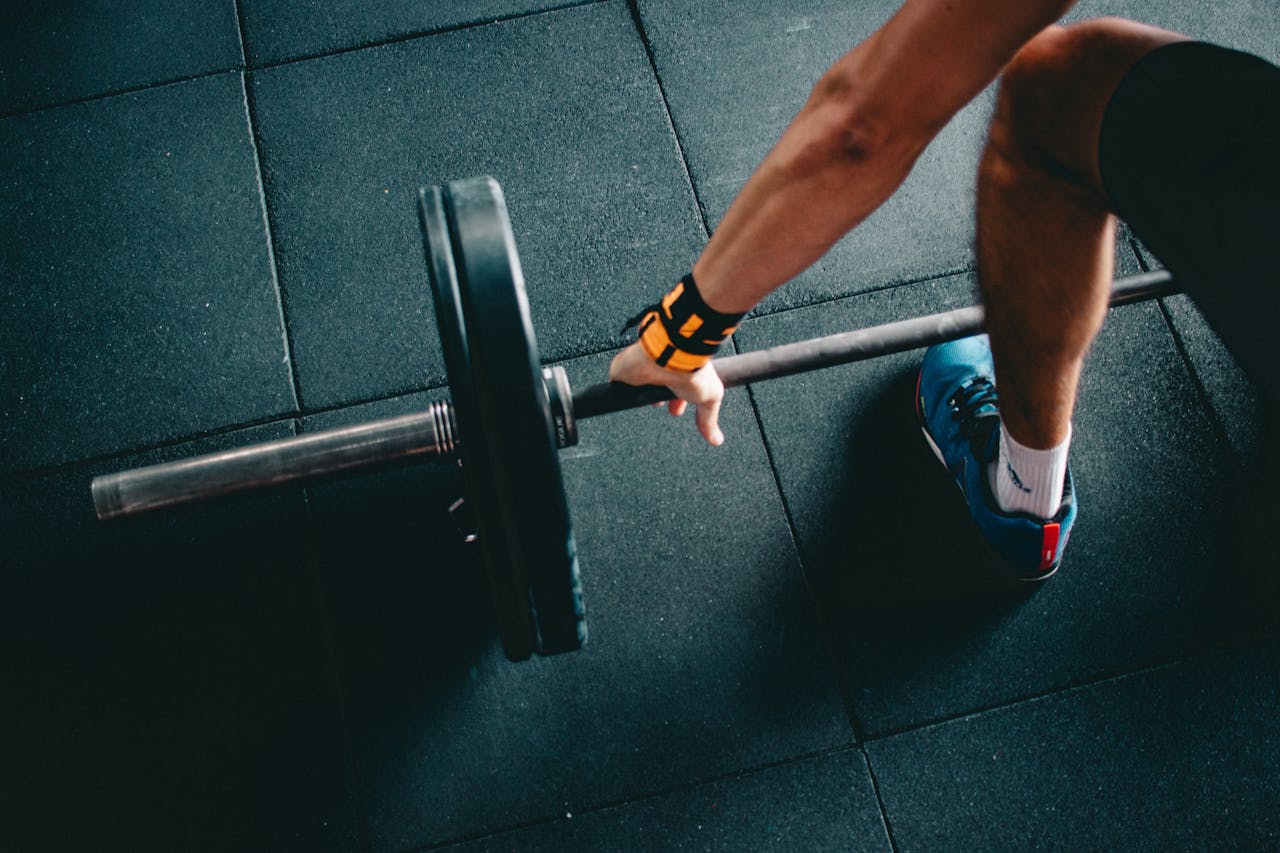Elevated cholesterol is a major risk factor for heart disease but often shows no symptoms. With spring’s arrival, now is the perfect time to reassess your heart health—through diet, exercise, and timely screenings.
Why Cholesterol Matters
- LDL vs. HDL
“Bad” LDL cholesterol builds arterial plaque, while “good” HDL helps remove it. - Optimal Targets
Aim for LDL < 100 mg/dL, HDL ≥ 50 mg/dL (women) or ≥ 40 mg/dL (men), and total cholesterol < 200 mg/dL.
Dietary Changes to Lower Cholesterol
- Increase Soluble Fiber
Foods like oats, beans, and apples bind cholesterol in the gut for excretion. - Healthy Fats
Replace saturated fats with sources of monounsaturated (avocado, olive oil) and polyunsaturated fats (fatty fish). - Plant Sterols & Stanols
Found in fortified margarines and spreads, they can lower LDL by up to 10%.
Exercise & Lifestyle
- Aerobic Activity
Aim for 150 minutes of moderate exercise (brisk walking, cycling) per week. - Quit Smoking
Smoking lowers HDL and damages blood vessels—quitting improves lipid profiles. - Weight Management
Losing just 5–10% of body weight can significantly improve cholesterol levels.
Timing Your Cholesterol Screening
- Frequency
Adults should have a fasting lipid panel every 4–6 years if low risk; more often if you have diabetes, heart disease risk factors, or family history. - Preparation
Fast for 9–12 hours before the test, and avoid heavy exercise the morning of.
Conclusion & CTA
Spring into action: improving your cholesterol now sets the stage for a healthier year ahead. Katy Family Medicine offers full lipid panels and personalized heart‑health plans.
Call to Action: Schedule your cholesterol check‑up and take charge of your heart health.



